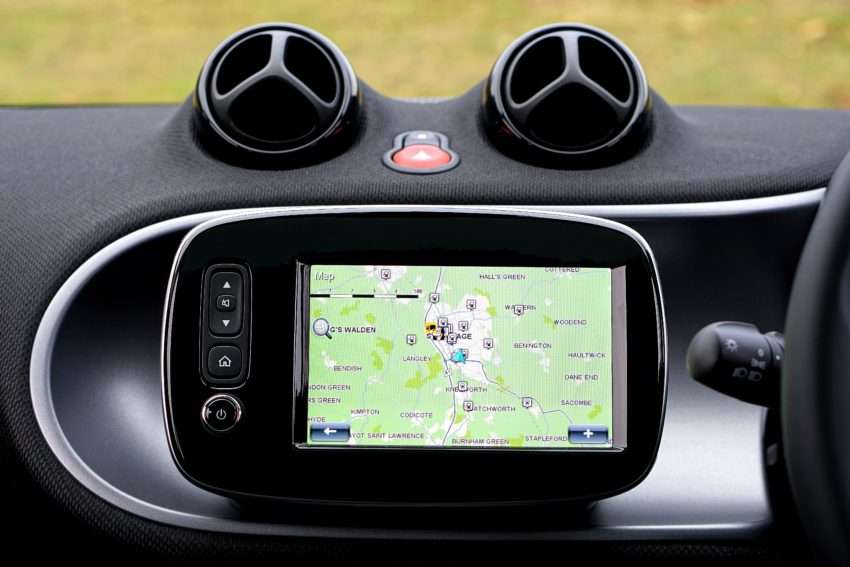
When it comes to safety, we don’t want to take chances. We go to great lengths to protect what we love, be it our loved ones or our livelihood. So, it’s no surprise that many are considering installing GPS Trackers in their vehicles. They are readily available and easy-to-use trackers that you can purchase off-the-shelves can add a layer of security and safety to the vehicle and those who are in it. However, we do need to be aware of what comes after we track, and how it reflects in a modern scenario where personal data is deemed sensitive and should not be used to violate or invade the intimate space of the individual.
So, what are the legal implications of using a GPS tracker? What laws and regulations are in place to monitor a judicial argument that involves GPS Tracking? Can companies or people install GPS Trackers in their vehicles to track and monitor the behavior of their employees?
You may have questions of these sorts, and we have the answers.
Firstly, let’s look at GPS Tracking from a generic perspective.
GPS Tracking is the act of using a Tracker that uses GPS technology for monitoring and surveillance purposes. It involves a tracker device that collects location data, transmits that data to a server, and a way of accessing that data using a mobile app or a web interface.
Usually, GPS Trackers are used to find and tracking the location of cars, people, assets, etc. In the case of using GPS Tracker for cars, it means installing a GPS Tracker in the vehicle and then using the mobile app or tracker interface to see its location, its route map, its travel history etc.
In the UK, the laws do not specifically articulate the case of GPS Trackers but there are several laws concerning the use of GPS Technology to track vehicles as it is often used as a surveillance tool. The Data Protection Act of 1998 states that data from a GPS tracker is deemed as personal information and thus should be treated as such with the diligence and sensitivity it demands.
So, if you are running a business that involves a fleet of vehicles, your drivers have a right to be informed that their vehicle is being tracked. However, that data is still considered property of the company and can be stored and accessed as a corporate asset to improve and enhance the efficiency of operations.
GPS Trackers are also useful to ensure the safety and security of drivers. So you can also use them to ensure the well-being of the drivers while they are on the road, but you still have an obligation to inform them that they are being tracked.
If one were to wonder if the very basic concept of GPS Tracking is legal or not, we arrive at a grey area in the law. Obviously tracking someone else without their knowledge is illegal. But if you were to install a tracker in your own car or in the ones your company owns and use that data to drive decision making that is intended to improve the company’s operations, it is legal. As we mentioned earlier, you still must inform your drivers that they are being watched otherwise you may find yourself facing a lawsuit.
As per the latest dictates from the EU and UK’s legal system, the personal data collected with a GPS Tracker must be:
1- Processed lawfully, fairly, and in a transparent manner in relation to the data subject.
2- Collected for specified, explicit, and legitimate purposes and not further processed in a manner that is incompatible with those purposes; further processing for archiving purposes in the public interest, scientific or historical research purposes or statistical purposes shall, in accordance with Article 89(1), not be considered to be incompatible with the initial purposes.
3- Adequate, relevant, and limited to what is necessary for relation to the purposes for which they are processed.
4- Accurate and, where necessary, kept up to date; every reasonable step must be taken to ensure that personal data that are inaccurate, having regard to the purposes for which they are processed, are erased, or rectified without delay.
5- Kept in a form which permits identification of data subjects for no longer than is necessary for the purposes for which the personal data are processed; personal data may be stored for longer periods insofar as the personal data will be processed solely for archiving purposes in the public interest. Scientific or historical research purposes or statistical purposes in accordance with Article 89(1) subject to the implementation of the appropriate technical and organizational measures required by this Regulation to safeguard the rights and freedoms of the data subject.
6- Processed in a manner that ensures appropriate security of the personal data, including protection against unauthorized or unlawful processing and accidental loss, destruction, or damage, using appropriate technical or organizational measures.
7- The controller shall be responsible for and be able to demonstrate compliance with the previous six principles.
If you are thinking of installing a GPS Tracker for your personal vehicles, then, by all means, go ahead. You have complete authority over whether or not to track yourself and use that data however you see fit. However, if you are thinking of installing GPS Trackers in the vehicles or fleet owned by your business, then the best way to go would be to contact or reach out to someone from inside the law to give you a more explicit answer. A lawyer can also be of help in such cases.